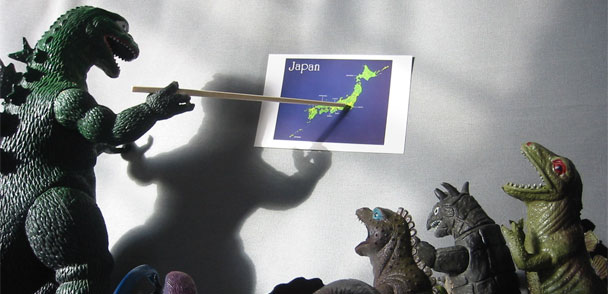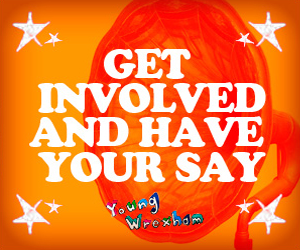Information » Health » Emotional and Mental Health » Phobias and Habits
In This Section
Phobias and Habits
Phobia
A phobia is an intense fear of a situation or an object that wouldn’t normally worry other people
There are over 10 million people in the UK suffering from a phobia, so whatever yours is, there will be someone who understands
There are several types of phobia:
- Specific phobias e.g. an animal, an insect, germs, injections or flying
- Situation phobias e.g. the dark, heights, confined spaces or being alone
- Social phobias e.g. talking in public, eating in front of others
- Illness phobias e.g. about getting ill
- Phobias can sometimes be traced to a childhood experience or frightening event
- Phobias can be treated using talking treatments such as counselling or hypnotherapy, but more severe phobias may need medical treatment
- A phobia is not an illness but it can trigger panic attacks, which lead to physical symptoms, such as feeling faint, sweating and a shortness of breath. See the Panic Attacks section for more help and advice
Habits
- A habit is a common pattern of behaviour repeated frequently
- Habits can include biting your nails, playing with your hair or cracking your knuckles Habits are formed over time and are generally harmless but hard to break
- Obsessive Compulsive Disorder (OCD) is a condition in which people experience repetitive thoughts and/or behaviours and can be more serious than a common habit
- It will usually cause repetitive behaviour or rituals where your fears and anxieties take over
- Common obsessions are germs and dirt and can result in ritual washing of hands or cleaning
- The best treatment for OCD is therapy to help change your behaviour
- If you are worried about a phobia or obsessive-compulsive disorder, it is a good idea to talk to someone and visit your GP for treatment advice. Both can be treated with the right support








